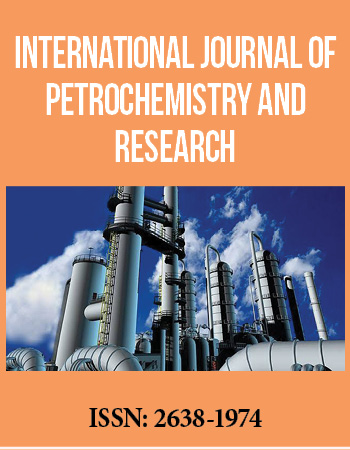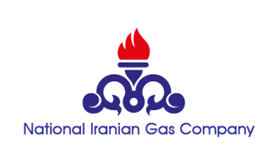International Conference on Oil, Gas and Petrochemistry
April 3-5, 2017 Dubai, UAE
Economic analysis of marginal fields development in Nigeria
University of Ibadan, Nigeria
Marginal Fields are generally challenging to develop, given its economic sensitivity; however, there is a growing literature on the use of traditional approach models, such as the Discounted Cash Flow via the Net Present Value, Internal Rate of Return and Payback Period to evaluate investment analysis of Marginal Fields. Meanwhile, none of these studies incorporated the cost expended as a result of Niger Delta Militant Insurgency in the cash outflow. Thus, this study was designed to investigate the Economic Analysis of Marginal Fields in Nigeria with emphasis on Niger Delta militant Insurgency, using case studies from the offshore and onshore Marginal Fields. The traditional approach models were utilised to evaluate the profitability of Marginal fields at a standard discount rate of 12.5%. The models were modified by incorporating three new uncertainty variables captured under Niger Delta militant insurgencies [cost of repairing or replacing vandalised pipeline/blown-up facilities, ransom paid to Kidnappers Marginal Fields and revenue lost as a result of annual shut-down due to pipeline vandalisation/blown-up facilities]. Probabilistic model was also incorporated to assess the impact of the key uncertainty variables [Oil Price, Discount Rates, Annual shutdown, Gas Price, Petroleum Profit Tax, Capital Expenditure, Gas and Oil Operating Expenditure), Cost of repairing or replacing vandalised/blown-up facilities and Ransom Paid] on the developed models, using the Monte Carlo simulation suite in @ Risk software. The investment in the marginal fields are profitable with offshore and on-shoreʼs
Net Present Value of $200.2 million and $23.2 million, Internal Rate of Return; 21.5 % and 17.9% and Payback Period; five and six years, respectively. Based on the sensitivity analysis, Oil price was the most sensitive on the off-shoreʼs Net Present Value, Internal rate of return and payback period with an impact of 71.0%, 72.0% and -72.0%, respectively. The gas price, capital expenditure and oil price were the most sensitive on the on-shoreʼs Net present value, Internal Rate of Return and Payback period , with an impact of 53.0%, -57.0% and -53.0% respectively. The study concluded that marginal fieldsʼ investments are economically viable, even when faced with various human-made uncertainties.
Keywords: Marginal fieldsʼ investment analysis, militant insurgencies, probabilistic approach, traditional approach.
Biography:
Kehinde Ogunsola-Saliu received her BSc. degree in Economics from Bowen University Iwo, Iwo, Osun State, Nigeria, in 2006, and her Masters in International Business from University of Wollongong in Dubai in 2007. She is currently undergoing PhD. in Energy Studies, with specialty in Oil and Gas Economics at the Centre for Petroleum Energy Economics and Law (CPEEL), University of Ibadan, Ibadan, Nigeria. Her present research interest focus is on Real Option Analysis and Oil and Gas Economics, and her current project involves Investment Analysis of Marginal Fieldsʼ Development in Nigeria using Real Options Approach. Kehinde served as a Lecturer at Ecole Professional Specialised Universities, Cotonou between November 2015 and September 2016, and also acted as the Head of Department, School of Management Sciences for the same period. She also earlier worked as a Market Research Analyst/ Business Analyst at Matheko International Limited, Nigeria from April 2009 - December 2013.



